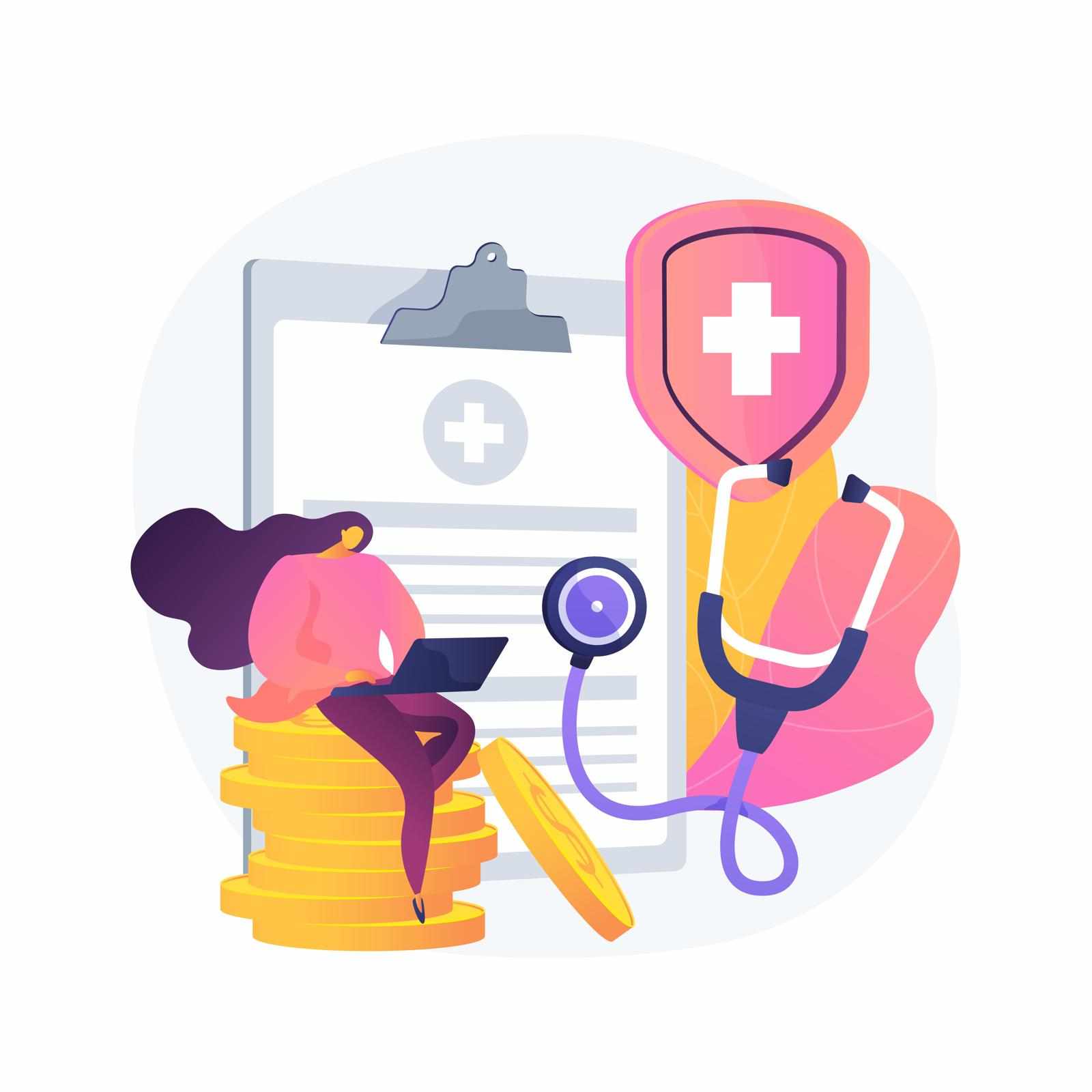
Patient feedback has become an indispensable tool for hospitals striving to improve their services and overall quality of care. Ensuring hospital compliance with patient feedback is not just a matter of good practice; it's a critical component of a healthcare system that truly puts patients first. By actively listening to and acting upon patient experiences, hospitals can identify areas for improvement, enhance patient satisfaction, and ultimately deliver better health outcomes.
Importance of Patient Feedback in Healthcare
Healthcare is a deeply personal and often vulnerable experience for patients. Their perspectives offer unique insights that medical professionals and administrators might overlook. When hospitals take patient feedback seriously, they gain valuable information about:
1. The effectiveness of treatments and procedures
2. The quality of communication between staff and patients
3. The comfort and cleanliness of hospital facilities
4. The efficiency of administrative processes
By addressing these aspects, hospitals can create a more positive and healing environment for their patients.
Challenges in Implementing Patient Feedback
Despite its importance, many hospitals struggle with effectively implementing patient feedback. Some common challenges include:
1. Resistance to Change
Established practices and routines can be difficult to alter, even when feedback suggests they're not optimal for patient care.
2. Resource Constraints
Implementing changes based on feedback often requires time, money, and personnel that may be in short supply.
3. Data Overload
Hospitals may receive large volumes of feedback, making it challenging to identify and prioritize the most critical issues.
4. Fear of Negative Feedback
Some staff members may be defensive about criticism, viewing it as a threat rather than an opportunity for improvement.
Strategies for Effective Compliance with Patient Feedback
To overcome these challenges and truly benefit from patient insights, hospitals can adopt several strategies:
1. Establish a Dedicated Feedback Team
Create a team responsible for collecting, analyzing, and acting on patient feedback. This team should include representatives from various departments to ensure a comprehensive approach.
2. Implement User-Friendly Feedback Systems
Make it easy for patients to provide feedback through multiple channels, such as surveys, suggestion boxes, and digital platforms.
3. Prioritize and Act on Feedback
Develop a system to categorize and prioritize feedback based on urgency and potential impact. Create action plans for addressing the most critical issues.
4. Communicate Changes to Patients and Staff
Keep patients and staff informed about changes implemented as a result of feedback. This demonstrates that their input is valued and encourages further engagement.
5. Train Staff in Patient-Centered Care
Provide ongoing training to staff on the importance of patient feedback and how to incorporate it into their daily practices.
6. Regularly Review and Update Processes
Continuously evaluate the effectiveness of changes made in response to feedback and be willing to adjust strategies as needed.
Impact of Compliance on Quality Care
When hospitals successfully comply with patient feedback, the benefits are far-reaching:
1. Improved Patient Outcomes
By addressing issues raised by patients, hospitals can enhance the quality of care, leading to better health outcomes.
2. Increased Patient Satisfaction
Patients who feel heard and see their concerns addressed are more likely to be satisfied with their care experience.
3. Enhanced Hospital Reputation
A reputation for responsiveness to patient needs can attract more patients and top medical talent.
4. Reduced Readmissions
Addressing patient concerns can lead to better follow-up care and reduce the likelihood of readmissions.
5. Cost Savings
Identifying and fixing inefficiencies pointed out by patients can lead to significant cost savings for hospitals.
Case Studies: Success Stories in Hospital Compliance
1. Memorial Hospital's Feedback Revolution
Memorial Hospital implemented a comprehensive patient feedback system that included real-time surveys and a dedicated response team. Within a year, they saw a 30% increase in patient satisfaction scores and a 15% reduction in preventable readmissions.
2. Centerpoint Medical Center's Communication Overhaul
After receiving consistent feedback about poor communication, Centerpoint Medical Center initiated a staff training program focused on patient interaction. The result was a 40% decrease in communication-related complaints and a 25% increase in positive feedback.
Looking to the Future: Emerging Trends in Patient Feedback
As technology continues to advance, new opportunities for gathering and utilizing patient feedback are emerging:
1. AI-Powered Analysis
Artificial intelligence can help hospitals analyze large volumes of feedback data more quickly and accurately, identifying patterns and trends that might be missed by human analysts.
2. Real-Time Feedback Systems
Technologies that allow patients to provide immediate feedback during their hospital stay can enable staff to address issues promptly.
3. Integration with Electronic Health Records
Linking patient feedback to electronic health records can provide a more comprehensive view of the patient experience and inform personalized care strategies.
Conclusion
Hospital compliance with patient feedback is not just a regulatory requirement or a public relations exercise—it's a fundamental aspect of providing high-quality, patient-centered care. By actively seeking out, carefully considering, and diligently acting upon patient insights, hospitals can create a healthcare environment that truly meets the needs of those they serve. As the healthcare landscape continues to evolve, those institutions that prioritize patient feedback will be best positioned to thrive and provide exceptional care.
How often should hospitals collect patient feedback?
Hospitals should collect feedback continuously, with formal surveys conducted at key points such as discharge and follow-up appointments.
What are some effective methods for gathering patient feedback?
Effective methods include post-discharge surveys, in-person interviews, online platforms, and suggestion boxes in hospital wards.
How can hospitals encourage patients to provide feedback?
Hospitals can encourage feedback by making the process easy and accessible, explaining its importance, and demonstrating how previous feedback has led to improvements.
What role do hospital boards play in patient feedback compliance?
Hospital boards should oversee the feedback process, ensure resources are allocated for improvements, and hold leadership accountable for implementing changes.
How can small hospitals with limited resources effectively use patient feedback?
Small hospitals can focus on high-impact, low-cost improvements, prioritize the most critical feedback, and leverage technology for efficient data collection and analysis.




















Write a comment ...